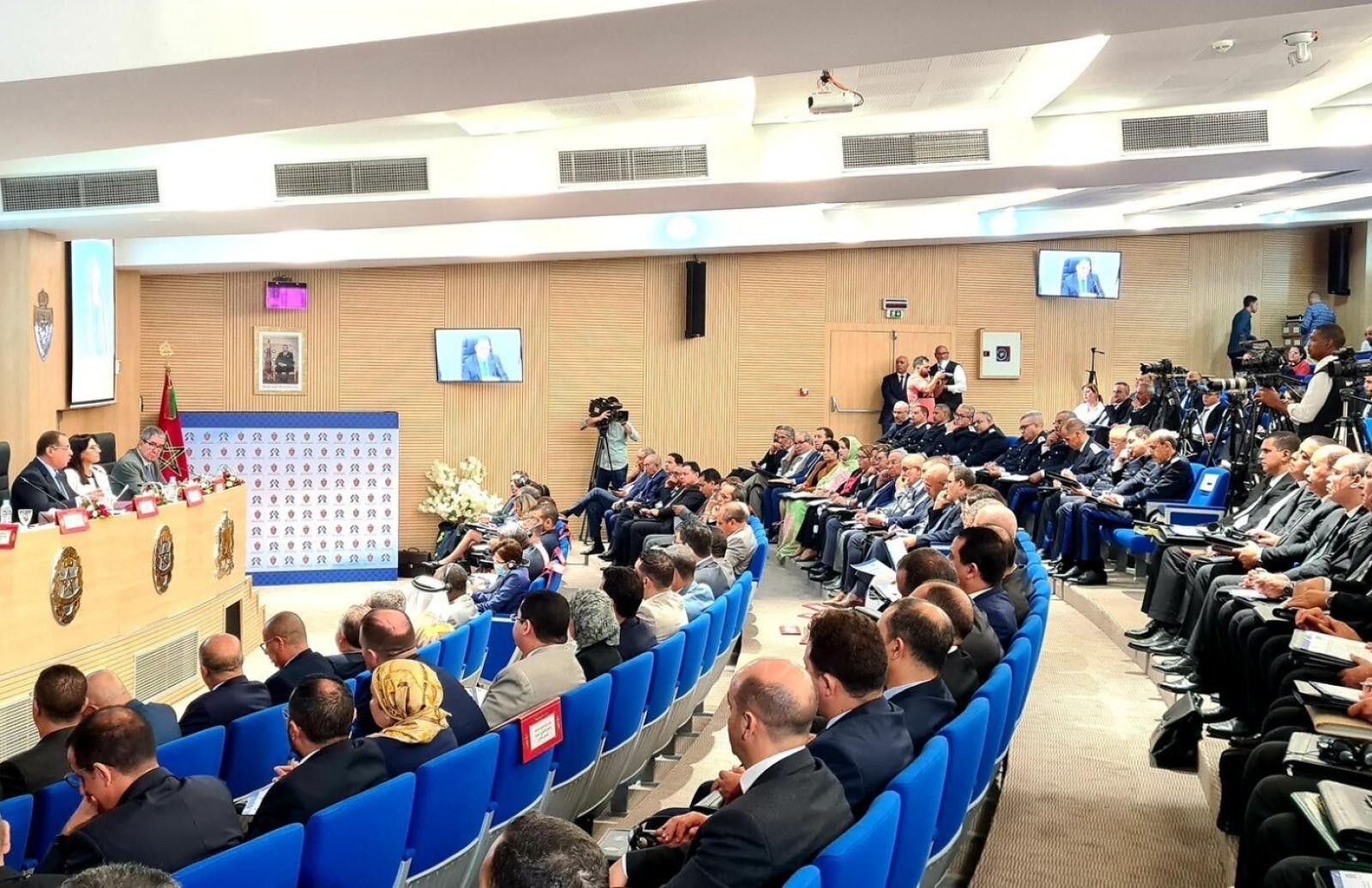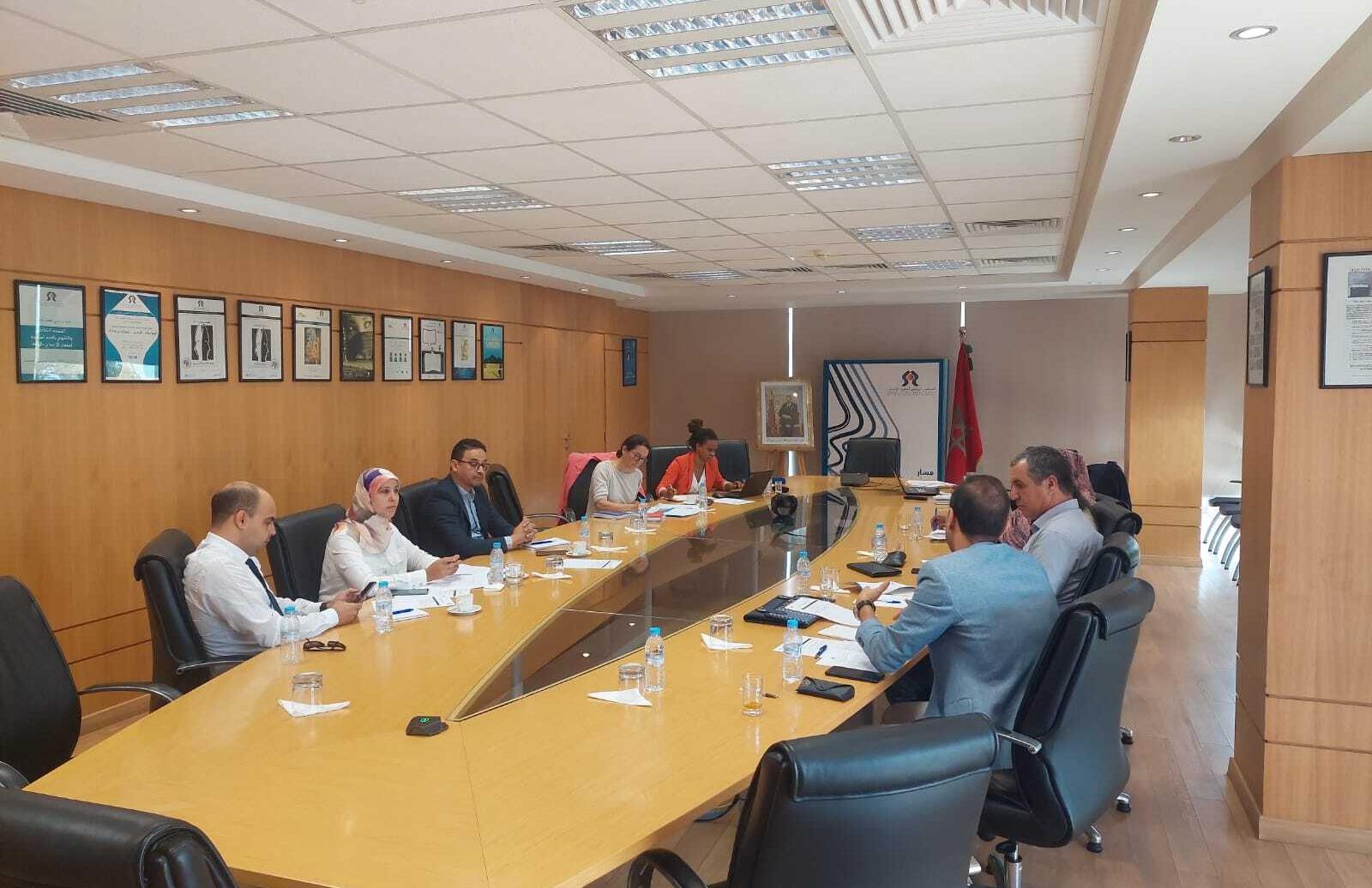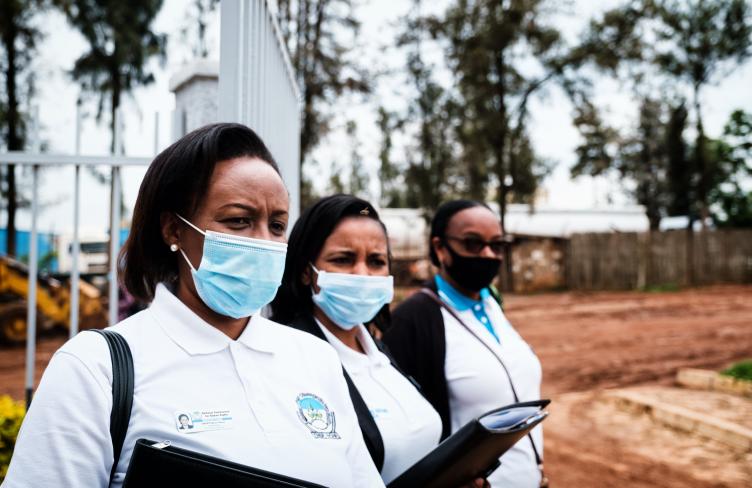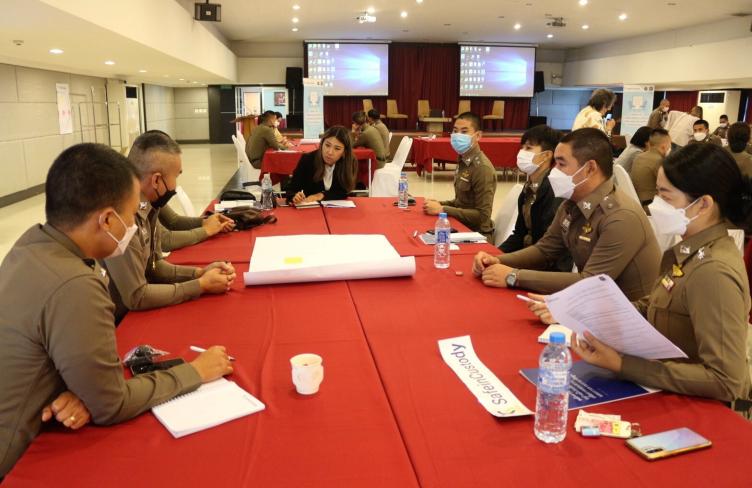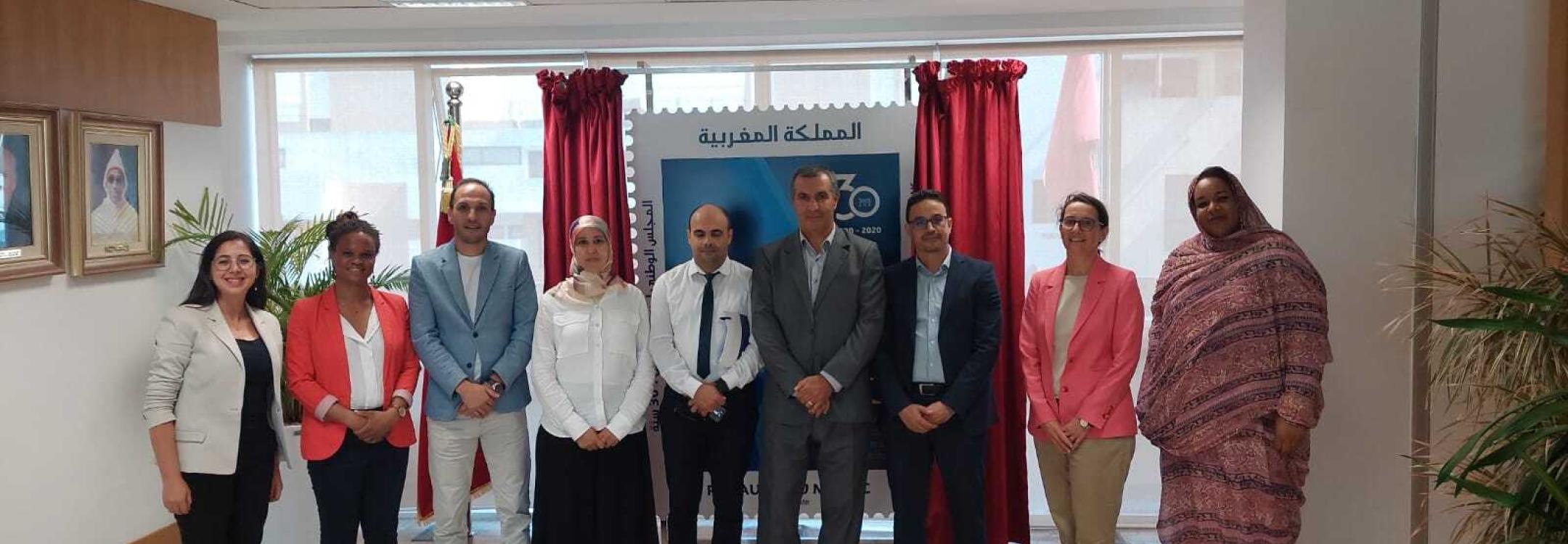
As part of efforts to advance a national torture prevention agenda, Morocco’s police force and the National Human Rights Commission recently signed a cooperation agreement on training and strengthening respect for human rights.
An international seminar on norms and practices to prevent torture and ill-treatment during arrest, interrogation and police custody was the first joint activity under the partnership between the General Directorate for National Security (DGSN) and the Conseil national des droits de l’homme (CNDH), designated as Morocco’s national preventive mechanism (NPM).
We are a young NPM but we are fully committed to advancing the treatment of persons deprived of liberty. We have the ear of law enforcement to achieve this goal.
The APT attended and moderated one session of the event, which was held at the Royal Police Academy on 20 September 2022.
The workshop brought together more than 300 participants from the police and gendarmerie, as well as the President of the African Commission on Human and Peoples’ Rights, the President of the UN Subcommittee on Prevention of Torture (SPT) and representatives of the European Committee for the Prevention of Torture (CPT), international NGOs and the diplomatic community.
Presentations highlighted best practices and progress made by law enforcement and the judiciary to implement safeguards in the first hours of police custody, as well as approaches to integrate torture prevention into law enforcement policies.
The NPM, established in September 2019, was referenced multiple times as a key partner of Morocco’s law enforcement bodies.
Former UN Special Rapporteur on torture, Juan Méndez, and the current mandate holder, Dr Alice Edwards, both provided video statements to highlight the importance of the Méndez Principles on Effective Interviewing and of the implementation of legal and procedural safeguards as a valuable tool to prevent torture in the first hours of police custody.
“The seminar showcased how the NPM, in a short period of time, has managed to establish itself as a key institution that is driving effective torture prevention efforts,” said APT Secretary General Barbara Bernath.
As part of the mission, the APT had a fruitful exchange with the NPM team to discuss their methodology and operational strategies. The APT also presented its flagship project on Women and Criminal Justice Systems, including promoting alternatives to the detention of women, and discussed opportunities for the NPM to collaborate in its implementation in Morocco.
In addition, the APT hosted a discussion session on women in detention with 12 members of the regional commissions on human rights, with a focus on moments practices increasing the risk of torture and other ill-treatment. Discussions centred on the specific challenges faced by women in detention in Morocco and the application of the UN Bangkok Rules.
The APT has been working in Morocco since 2006, initially advocating for the country’s ratification of the Optional Protocol to the Convention against Torture (OPCAT). Since OPCAT ratification in 2014, the APT has focused on supporting the establishment and operations of the NPM, along with the implementation of safeguards during the first hours of detention.
Morocco is also one of the six core States forming the Convention against Torture Initiative (CTI) and the APT has participated in several regional meetings convened in the country.
